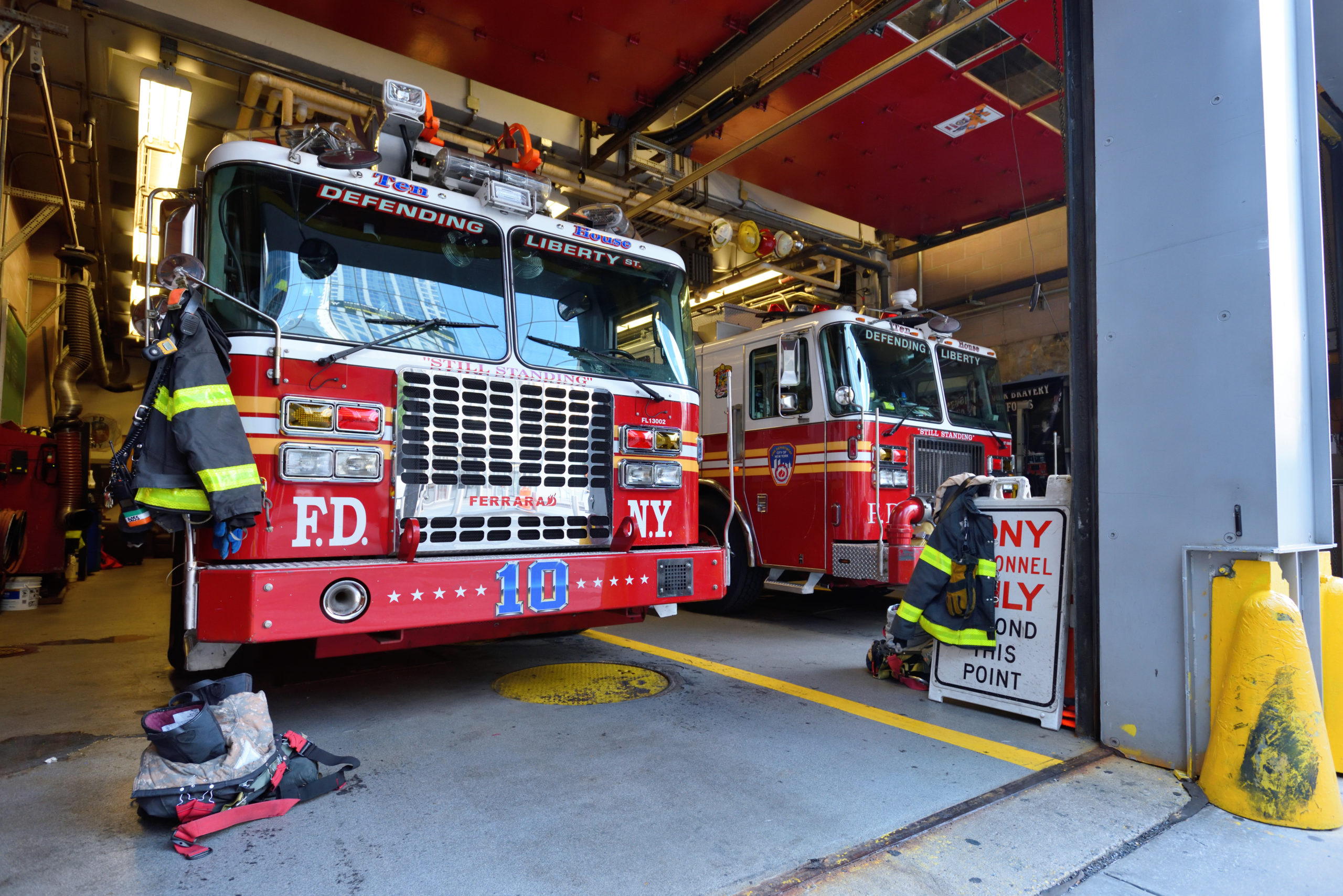Connect with us
Published
2 years agoon
By
Tyler Shultz
A Buffalo firefighter who was fired from his job for his medical cannabis use can proceed with legal action to get his job back, a New York judge has ruled, but the judge stopped short of immediately reinstating him as he had originally asked for.
Scott Martin, a 12-year veteran of the Buffalo Fire Department, was let go after he tested positive for cannabis. Martin said he is a certified medical cannabis patient, using cannabis to help treat back pain and post-traumatic stress disorder from his time with the Air Force, serving in Iraq and Afghanistan. He filed a suit in May against the City of Buffalo and the Buffalo Fire Department for reinstatement of his position. State Supreme Court Justice Catherine Nugent Panepinto dismissed the city’s motion to dismiss the case and said she will continue reviewing both sides of the case before making a decision on whether Martin can return to the job.
“He’s been terminated wrongfully because the collective bargaining agreement hasn’t been updated,” said Martin’s attorney, David C. Holland, who specializes in laws related to cannabis. Medical marijuana has been legal in New York State since 2014 under the Compassionate Care Act, Holland pointed out. “They are seven years behind.”
Holland believes the case could be the first of its kind and could set precedent for how municipal government leaders and private employers negotiate with unions on cannabis use, whether it be for medicinal use or recreational use as the state recently legalized adult-use cannabis.
The New York Fire Department recently announced it would no longer conduct drug tests for cannabis during the pre-employment process as well as getting rid of random cannabis drug tests. A memo distributed to the Uniformed Firefighters Association referenced a leaked document from the New York Police Department discussing a review of statute by the New York City Law Department that determines it is unlawful for agencies to conduct pre-employment, rand ad scheduled drug tests for THC. UFA believes the directive is a direct response to the union’s questions about the drug testing laws in light of New York legalizing cannabis for recreational use.
“It is our belief that our inquiries to the Department led to the New York City Law Department’s opinion referenced in the leaked NYPD memo,” the memo states. “The new Department guidelines are forthcoming regarding changes to the current FDNY drug testing policy. We expect the guidelines to be issued within two weeks.”
NYPD initially released a statement summarizing the legal opinion and mentioning there would be a change to the department’s current drug testing policies, but the department walked back on that statement hours later, saying no decision has been made and they would be consulting with the city about federal conflicts from the directive. The NYFD, however, sent out its own memo saying there would be a policy change with the union telling members to “wait until the Department announced the official changes before considering any legal recreational or medicinal marijuana use.”
A firefighter in Utah claims he was unlawfully suspended from his role with the Ogden Fire Department in Ogden City, Utah for refusing to surrender his medical cannabis card and says he was discriminated against. Levi Coleman, a firefighter and EMT with the city since 2011 filed a suit against Ogden City and Ogden Fire Department saying his suspension violated the Utah Medical Cannabis Act. Coleman obtained his medical cannabis prescription and state card in June 2021 for his chronic pain and said the cannabis use had no effect on the performance of his day-to-day job activities.
According to the suit, the fire department began requiring employees to report any use of medicine, either prescription or over the counter, that may cause potential impairment. After reporting his medical cannabis use, Coleman was met with a “fit for duty” evaluation before ultimately being suspended without pay, with the suit claiming Coleman was essentially fired.


Study Reveals State Cannabis Legalization Lowers Immigrant Deportation


DEA Challenges Bid To Use Psilocybin Under ‘Right To Try’ Legislation


Vegans Rejoice as Farmers Switch from Chickens to Hemp


Louisiana Legislative Committee Unanimously Passes Adult-Use Cannabis Framework Bill


Louisiana House Bill to Regulate Hemp Products Advances Along With Senate Bill to Ban


Gov. Kathy Hochul Honors New York’s 100th Adult-Use Retail Store Opening
